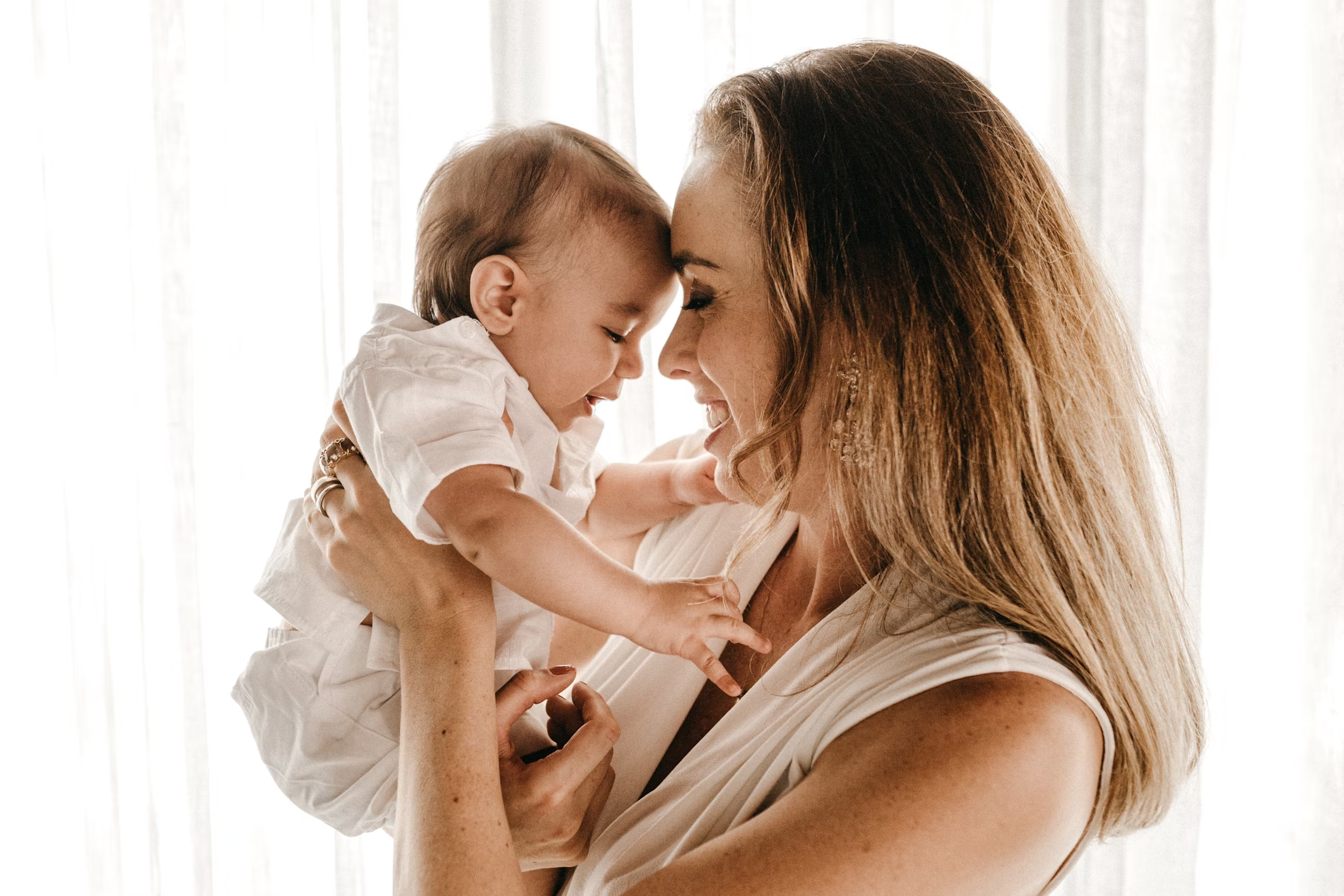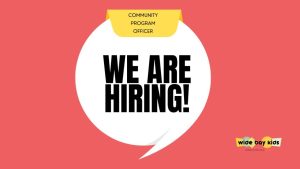Why Self-Care Matters More After Baby Arrives

The arrival of a baby is one of life’s most joyful milestones, but it is one of the most demanding. New parents often find themselves caught between sleepless nights, feeding schedules, and endless responsibilities, leaving little room to think about themselves. While the focus naturally shifts to the baby, neglecting personal care can have lasting effects on mental, physical, and emotional well-being. Prioritizing self-care after childbirth is not selfish, it is crucial for building resilience, maintaining energy, and providing the best possible care for the little one.
Protecting Skin and Body Health
Postpartum skin can be sensitive and unpredictable, with hormonal shifts often leading to dryness, breakouts, or uneven tone. Taking steps to protect and nourish the skin isn’t just about appearance; it’s about health. For example, new parents who spend time outdoors with their baby need to consider sun protection, and whether it’s the skinintuition SPF 30 liquid foundation or another quality product, applying daily sunscreen keeps skin safe from damaging UV rays. Hydration through moisturizers, gentle cleansers, and consistent routines further supports long-term health.
Beyond skin care, new parents should remain mindful of body wellness. Nutrient-rich meals, adequate water intake, and short bouts of exercise can go a long way in maintaining balance. Small, manageable choices, such as carrying a reusable water bottle or scheduling a brief walk with the stroller, can help parents rebuild stamina while caring for their bodies.
Prioritizing Mental and Emotional Well-Being
Caring for a new born is rewarding, but it can feel overwhelming. Many parents experience mood swings, postpartum anxiety, or the “baby blues.” Acknowledging these feelings is the first step in managing them. Simple practices like journaling, practicing mindfulness, or setting aside quiet moments can provide much-needed emotional grounding.
Reaching out for support is equally important. Talking with a partner, close friend, or professional counsellor can reduce feelings of isolation and provide strategies for managing stress. When parents invest in their mental well-being, they are better able to respond to the demands of parenthood with patience and compassion.
The Role of Sleep and Recovery
Sleep is often the first casualty after bringing a baby home. While long, uninterrupted rest may be unrealistic, finding ways to maximize rest is important. Power naps, alternating night duties with a partner, or asking family for help can provide valuable recovery time. Sleep directly affects mood, cognitive function, and physical health, so even short periods of rest should be prioritized.
Beyond sleep, recovery means allowing the body to heal. Postpartum check ups, gentle stretching, and gradual return to physical activity ensure that healing progresses without unnecessary strain. Ignoring the need for recovery can increase the risk of long-term fatigue or injury.
Maintaining Personal Identity
It is easy for parents to lose themselves in the all-consuming role of caregiver. Making time for hobbies, personal grooming, or social activities helps maintain a sense of identity beyond parenthood. Whether it’s enjoying a favourite book, catching up with friends, or indulging in a spa treatment, these small acts reinforce self-worth and independence.
Personal time serves as a reminder that parenthood and individuality can coexist. A balanced sense of self makes it easier to handle challenges and creates a healthier dynamic within the family.
Life after a baby arrives is full of joy, but it brings challenges that require intentional self-care. Protecting physical health, nurturing emotional well-being, maintaining personal identity, and leaning on support systems all contribute to long-term balance. By caring for themselves, parents are enhancing their own quality of life and modelling healthy habits for their children. In the end, self-care is not an indulgence, it is a vital foundation for thriving in parenthood.





